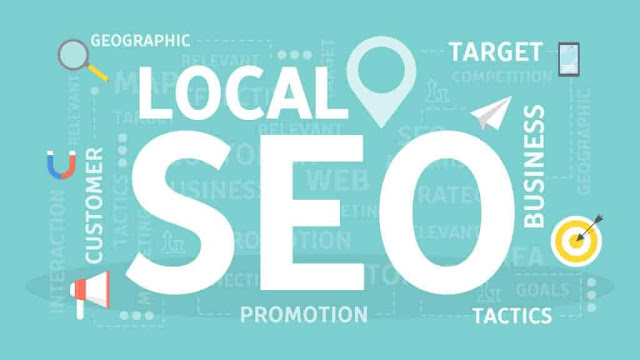Beyond Traditional SEO: How Hyperlocal and Voice Search Dominate Local Business Discovery in 2025
The digital marketing landscape is evolving at breakneck speed, and local businesses must adapt or risk becoming invisible to their potential customers. As we navigate through 2025, two revolutionary trends are reshaping how consumers discover and connect with local businesses: hyperlocal targeting and voice search optimization. These aren't just buzzwords they're the difference between thriving and merely surviving in today's competitive marketplace.
The New Reality of Local Search
The modern local business must master several critical elements to succeed. Local schema markup has become essential for telling search engines exactly where your business is located and what services you offer. Maintaining accurate listings across local directories and optimizing your Google My Business profile are no longer optional they're prerequisites for visibility. Most importantly, businesses must focus on location-based targeting that speaks directly to customers in their immediate vicinity.
Hyperlocal Targeting: The Precision Revolution
Hyperlocal targeting represents a seismic shift from broad geographic targeting to ultra-specific, neighborhood-level precision. Instead of competing for attention across an entire city, smart businesses are dominating their immediate surroundings sometimes focusing on areas as specific as a few city blocks.
This approach works because it aligns perfectly with consumer behavior. When people search for local services, they typically want solutions within a very limited radius of their current location. By concentrating on hyperlocal strategies, businesses can achieve higher search rankings with less competition while delivering exactly what customers are seeking.
The mobile revolution has accelerated this trend. With smartphones in every pocket, consumers make location-based decisions throughout their day. They're searching for coffee shops during their morning commute, lunch spots between meetings, and services they need within minutes of their current location. Hyperlocal targeting captures these micro-moments when purchase intent is highest.
Voice Search: The Conversational Commerce Revolution
Voice assistants have transformed from novelty gadgets to essential household and mobile companions. Alexa, Google Assistant, and Siri are handling billions of queries daily, with a significant portion focused on local business discovery. This shift requires businesses to completely rethink their keyword strategies and content approach.
Voice search queries are fundamentally different from typed searches. People speak in complete sentences, ask specific questions, and use natural, conversational language. Instead of typing "Italian restaurant downtown," they're asking, "What's the best Italian restaurant near me that's open for dinner tonight?" This means businesses must optimize for long-tail, question-based keywords that mirror natural speech patterns.
Success in voice search requires creating content that directly answers common questions about your business, services, and location. Page speed and mobile optimization become even more critical, as voice search users expect immediate, accurate responses. Local phrases like "near me," "close by," or references to specific neighborhoods and landmarks should be woven naturally throughout your content.
The Schema Markup Advantage
Local schema markup serves as a direct communication channel with search engines, providing structured data about your business location, hours, services, and contact information. This isn't just about better search rankings—it's about appearing in rich snippets, local knowledge panels, and map results that dominate modern search results pages.
When properly implemented, schema markup can display your business hours, phone number, address, and even customer reviews directly in search results, dramatically increasing click-through rates and customer engagement.
Staying Ahead in 2025
The businesses that will dominate local search in 2025 are those embracing both hyperlocal precision and voice search optimization. This means creating content about local events, partnering with neighborhood organizations, and ensuring consistent, accurate business information across all online platforms.
Success requires continuous adaptation as voice search technology evolves and consumer behavior shifts. The time to act is now tomorrow's local market leaders are implementing these strategies today.




Comments
Post a Comment